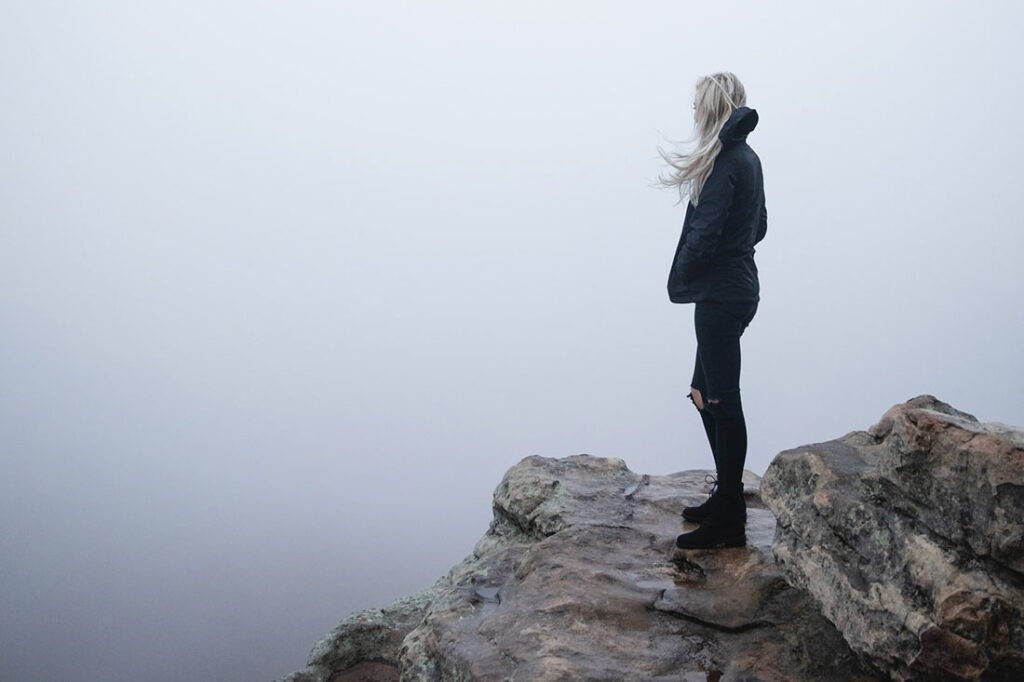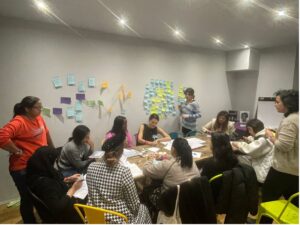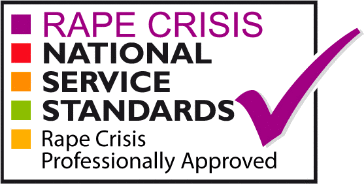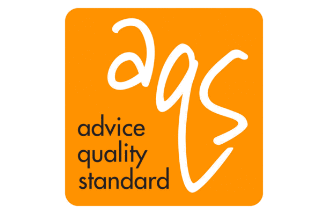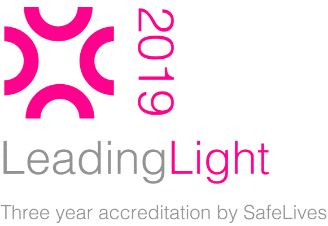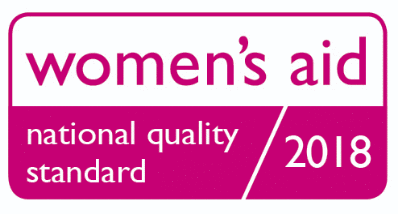If you are a woman and asked that question, the likelihood is that many of us would answer no.
This is perhaps particularly true of women who believe we no longer have a need for feminism or women who do not consider themselves to fit into a stereotypical idea of what a victim of male violence looks like. Often, we buy into the idea that something separates us from the survivors we support or the endless news items of murdered, raped and trafficked women, that those women were inherently ‘vulnerable’ by way of class, mental health issues, substance abuse issues, ‘broken homes’, ‘disadvantaged backgrounds’, ‘adverse childhood experiences’, the list goes on. Race doesn’t usually explicitly feature in this list because of an oblivious effort to be ‘colour-blind’ on the part of white privileged women and instead race is coded through other terms associated with class. This fiction of which women become victims is not only a result of persisting rape myths but can also be a form of self-preservation on our part. We are not vulnerable, this will not happen to me because I am not like her, I am safe from this violence.
A conservative estimate is that 20% of women have been sexually assaulted or raped since the age of 16. Over 2 of us are killed every week by men. 30-50% have experienced domestic violence. Between 20 and 36% of girls are sexually abused during childhood. 26-50% of women exploited through prostitution have been subjected to violence. Needless to say, these are actually likely to underestimate the true number of women affected. It is overwhelmingly likely that you know a woman who has been sexually assaulted, raped or abused by a man.
If you are still resisting seeing yourself in this frightening picture or thinking of yourself as a victim, please ask yourself how often you have been catcalled, groped, harassed, touched without consent, sexually assaulted, threatened, coerced, manipulated, bullied and oppressed by men during your life. Have you ever been assaulted in a club? Have you ever been harassed or followed by a man as you were walking home? Groped by a man on the tube? Coerced into having sex by a boyfriend or partner? Think of every single instance since birth, through childhood, adolescence and womanhood something like that has happened to you. I have experienced all of them and more. I know virtually no women who wouldn’t say yes to at least one, if not all of those. I deliberately list instances of male violence that have been normalised as a part of daily life for modern women. You expect to be groped at a club, you’re taught to look down and ignore catcalls or call someone when a man is following you, put your keys in-between your fingers. You side-step the danger, maybe mention it to your girlfriends, commiserate, brush it off and move on. How else could any of us deal with the sheer number of times this happens to us?
Too often, we resist the label because what happened to us is not considered serious enough to deserve attention. Even rape victims supported by nia shy away from using the word, because it ‘wasn’t that bad’ or it wasn’t stereotypically violent rape by a stranger. What we need to recognise is that this is all sexual violence perpetrated against us on a daily basis by men. It is misogyny. And the problem is the culture and structures that tell us it wasn’t that serious, you should have protected yourself better, it is your fault.
The reality is that we are all victims and survivors. We have all been repeatedly victimised by men. If you ever thought that you wouldn’t ‘let yourself be a victim’, as I once did, or that you weren’t ‘that type of woman’, you were wrong. We are all ‘one of those women’ because we are women. And recognising this will not only establish the true scale of the problem of male violence against women and girls, but it will be a step in the right direction of ending the feelings of self-blame and shame that survivors feel. As a volunteer at nia, it is sadly not uncommon to have women wonder what they could have done differently, heart-breaking questions of ‘what if’ or ‘why did this happen to me’. Recognising that it could happen to any of us, it is all women at risk, all of us, is fundamental. Only then can we end all forms of male violence and oppression.

